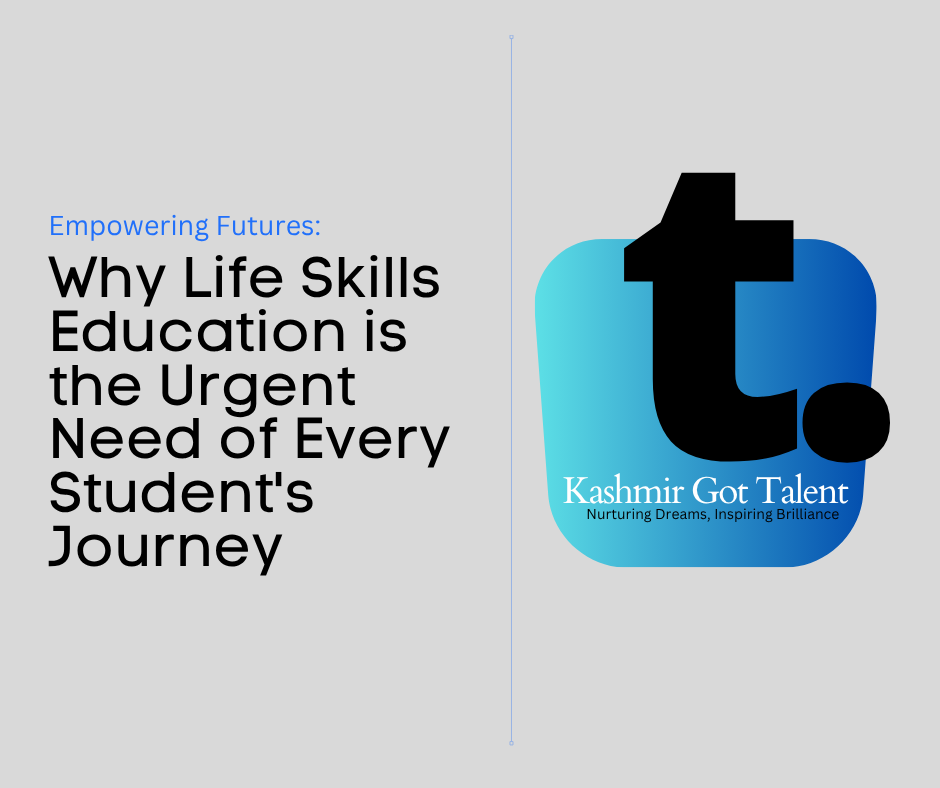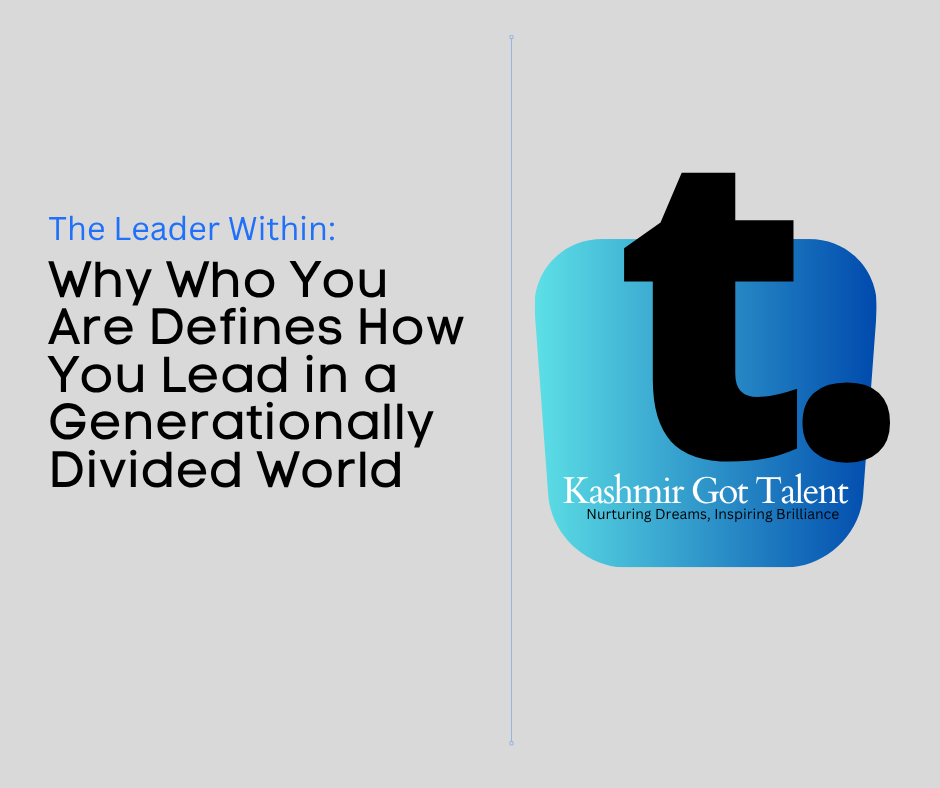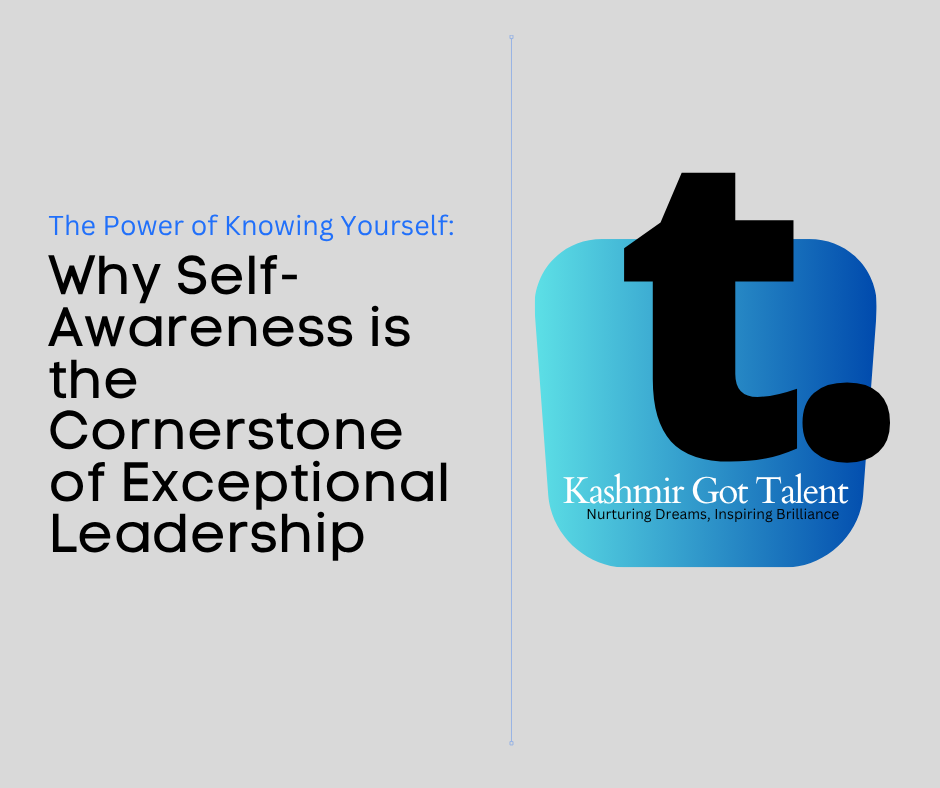Why Talent Conversations Are the Missing Key to Leadership Success
In today’s hyper-competitive business environment, talent is the most valuable asset any organization can possess. Yet, despite the growing recognition of talent’s importance, many leadership teams still fail to unlock its full potential. The failure to have consistent, meaningful, and strategic talent conversations within leadership teams is costing companies not only their best employees but also their future success.
If you are in a leadership position, it’s time to face the reality: organizations that fail to prioritize talent development are already falling behind. The future of your business depends on how well you engage in talent conversations and align them with your organizational goals. The power of talent conversations is not just a trend; it’s the key to transforming leadership, building high-performance teams, and achieving long-term success.
The Urgency of Talent Conversations: Why You Must Act Now
The need for talent conversations has never been more urgent. Here are some startling statistics to demonstrate the critical importance of making this change:
-
85% of employees are disengaged at work, leading to a significant loss in productivity.
-
More than 70% of employees leave their jobs due to a lack of growth opportunities and poor leadership.
-
Companies with strong leadership conversations are 3X more likely to retain top talent and experience higher levels of employee satisfaction and productivity.
Now, more than ever, organizations must focus on developing their people, not just their processes. The absence of talent conversations in leadership teams creates gaps in employee engagement, resulting in higher turnover rates and lower productivity. This is your call to action: start the conversation today or risk falling behind tomorrow.
What Are Talent Conversations, and Why Do They Matter?
Talent conversations are not just about evaluating an employee’s performance. They are strategic discussions between leaders and employees that aim to uncover untapped potential, align individual goals with business objectives, and create a culture of growth and continuous improvement. These conversations are an ongoing process that focuses on growth, development, and future opportunities for employees, not just their past achievements.
So why do talent conversations matter?
-
Empowerment and Engagement: Engaged employees are more motivated and productive. When employees feel their leaders are invested in their growth, they are more likely to contribute their best work.
-
Identification of High-Potential Talent: Talent conversations help identify employees who are ready for more responsibility or leadership roles, ensuring a strong leadership pipeline.
-
Alignment of Personal and Organizational Goals: These conversations bridge the gap between individual aspirations and the company’s long-term objectives, fostering a sense of purpose and commitment.
-
Boosted Retention: Employees who have regular development conversations with leaders are more likely to stay with the company because they see a clear path for growth.
The 4 Pillars of Powerful Talent Conversations
To harness the power of talent conversations, leadership teams must understand and embrace four essential pillars. These pillars will help guide your approach to talent development and ensure that the conversations you have are actionable and meaningful.
1. A Growth-Oriented Mindset
Leaders must approach talent conversations with a mindset focused on growth and development. This isn’t just about identifying weaknesses but about uncovering strengths and finding ways to develop them further. A growth-oriented mindset turns challenges into opportunities and encourages employees to reach their fullest potential.
2. Strategic Alignment with Business Goals
Talent development is not an isolated process; it must be strategically aligned with the company’s long-term vision. Each conversation should center on how an employee’s personal growth can contribute to the broader business objectives. This alignment ensures that the development of your talent also drives the success of your organization.
3. Continuous Feedback and Support
Feedback should never be a once-a-year event. Regular, constructive feedback is essential for employees to understand where they stand and what they need to work on. Talent conversations should focus on providing this feedback in real-time, giving employees the support and guidance they need to grow continually.
4. Leadership Accountability
Leaders must own the process of talent development. This is not a job for HR alone. Leadership teams must take responsibility for nurturing the growth of their teams, ensuring that development conversations are not just held but are also impactful. Accountability drives results, and in this case, it ensures that leaders are actively involved in the success of their teams.
How to Implement Talent Conversations That Drive Results
Creating an environment where talent conversations thrive requires careful planning and intentional effort. Here’s a step-by-step guide to implementing this within your leadership team:
Step 1: Make Talent Conversations a Priority
Integrate talent development into every leadership meeting. These conversations should be a fundamental part of every discussion, not an afterthought. Start today by making talent a core agenda item in your leadership discussions.
Step 2: Focus on the Individuals
Avoid a one-size-fits-all approach. Each employee has unique strengths, aspirations, and growth needs. Tailor the conversation to each individual to help them realize their potential while contributing to the company’s success.
Step 3: Foster an Open Dialogue
Create an environment where employees feel comfortable sharing their thoughts, goals, and challenges. The best talent conversations are built on trust, and trust can only be established through transparency and open communication.
Step 4: Set Clear, Actionable Goals
Talent conversations should not be abstract. Every conversation should result in clear, actionable goals. This provides employees with the direction they need to improve, while also giving leadership a benchmark to track progress.
Step 5: Measure Success and Adjust
Track the effectiveness of your talent conversations. What’s working? What isn’t? Regularly assess the impact of your conversations on employee engagement, performance, and retention, and adjust your approach accordingly.
The ROI of Talent Conversations: Why Smart Organizations Prioritize People
Organizations that invest in talent conversations are not just making an investment in their employees—they are making an investment in their future success. Here are some of the tangible benefits:
-
Increased Employee Engagement: Employees who feel valued and heard are more likely to be motivated and engaged in their work. Engaged employees are 21% more productive than their disengaged counterparts.
-
Higher Retention Rates: When employees see a path for growth, they are more likely to stay with your company. Organizations with strong talent conversations experience 30% lower turnover rates than those who don’t.
-
Improved Business Performance: Companies with engaged employees are 12% more profitable. Talent conversations contribute directly to higher levels of employee satisfaction, which translates into better overall performance.
Final Call to Action: Will You Lead or Fall Behind?
The future of your organization depends on how well you develop and retain your talent. The time to act is now. If your leadership team isn’t prioritizing talent conversations, you are missing a critical opportunity to unlock the potential of your people and create a thriving, successful business.
Start the conversation today. Empower your employees, align their growth with your organization’s goals, and watch as your business transforms into a high-performing, innovative powerhouse.
Revolutionizing talent development begins with a conversation. Don’t wait—your future depends on it.








